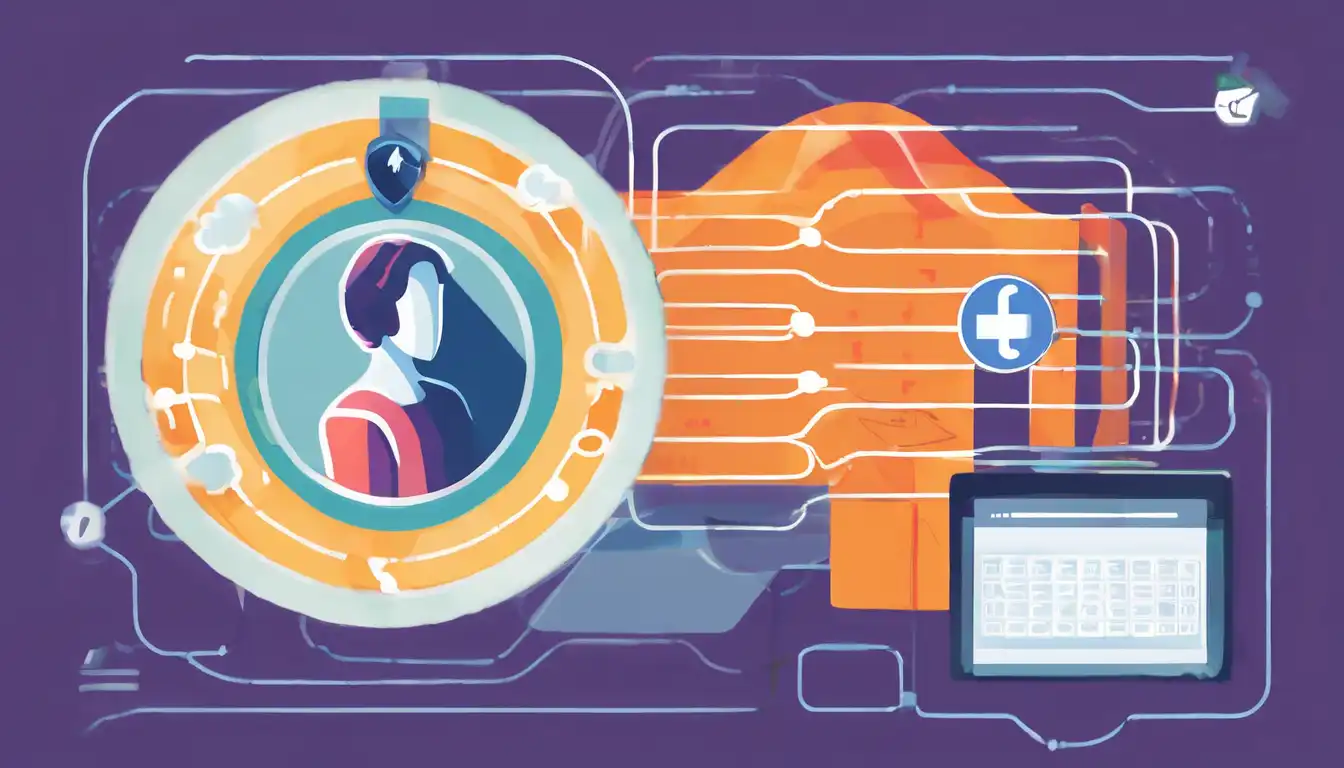Why VPNs Are Crucial for Online Privacy
In today's digital age, protecting your online privacy has never been more important. With cyber threats on the rise, a Virtual Private Network (VPN) serves as a critical tool in safeguarding your personal information. This guide will explore the importance of VPNs and how they contribute to your online privacy.
What Is a VPN?
A VPN is a service that encrypts your internet connection and hides your IP address, making your online actions virtually untraceable. This not only protects your data from hackers but also allows you to browse the internet anonymously.
How VPNs Enhance Online Privacy
VPNs play a pivotal role in enhancing your online privacy by:
- Encrypting your data to prevent unauthorized access
- Masking your IP address to keep your location private
- Allowing secure access to public Wi-Fi networks
- Bypassing geo-restrictions and censorship
Choosing the Right VPN for Your Needs
Not all VPNs are created equal. When selecting a VPN, consider factors such as encryption standards, server locations, and privacy policies. It's essential to choose a provider that does not log your activities to ensure maximum privacy.
The Role of VPNs in Data Protection
With data breaches becoming increasingly common, using a VPN can significantly reduce the risk of your personal information being compromised. Whether you're shopping online or accessing sensitive work documents, a VPN provides an additional layer of security.
Conclusion
Understanding the role of VPNs in online privacy is the first step toward securing your digital life. By encrypting your internet connection and hiding your online identity, VPNs offer a simple yet effective solution to protect against cyber threats. Remember, in the realm of internet security, being proactive is always better than being reactive.
For more insights on enhancing your online security, explore our guide on Internet Security Tips.
